The Difference between Mindfulness and Meditation Might Just Surprise You
For so many of us, busily rushing about in embrace of the hectic wonder that is modern living, the thought of engaging in something that can make us feel serene, rooted, and content sounds like a dream. But, who has the time? If that question resonates with you, then this article is here to serve as your guide. Perhaps you have heard that mindfulness and meditation can reduce stress and foster relaxation but you’re not sure what they are or how to apply them.
It's true that both have become increasingly trendy in recent years, but that doesn't mean that they are two sides of a single coin. Today, we are going to explore the key differences between these terms so that you can discover how to harness the benefits I mentioned above, no matter how packed your schedule. So, what is mindfulness really? How is it different from meditation? Is it just a fad? Let's dig into the facts.
What Is the Difference Between Mindfulness and Meditation?
Lots of people imagine that mindfulness and meditation are one and the same—rooted in mysticism, and relegated to the timetables of the lucky few who have the free time and floaty apparel to indulge in them! In truth, mindfulness and meditation do share some of their origins in Buddhism, but the concept of mindfulness began to tread a path separate from spirituality long ago and, in terms of its rewards, aligns far more closely with our understanding of neuroscience than anything new age.
Mindfulness, as we know it today, took form in the 1970s through the work of Jon Kabat-Zin, a scientist who was studying molecular biology at MIT when he attended a lecture given by a Zen master. He went on to explore the science behind the benefits that many experienced through meditation, and over time, developed the first evidence-based model of mindfulness that could serve as a tool to tackle things like stress, anxiety, and even chronic pain.
So, what makes mindfulness different from meditation? Well, we can view meditation as a formal practice—an intentional period of time spent, usually seated, with a distinct goal such as calming the mind or expanding personal awareness. Of course, there are countless types of meditation, but practice is the key word. In contrast, mindfulness is a skill that we can engage constantly, every single day and no matter what we are doing. Better yet, it is something that we can get more adept at with time.
Kabat-Zin once described honing our mindfulness skills as akin to exercising a muscle—only in this case, the muscle we are flexing is a mental one. Mindfulness is simply drawing ourselves into the present moment, and paying attention to the world around us, our thoughts, our feelings, our behaviours, and our movements; rather than living our lives distracted, dwelling on the past, the future, or our social media feeds!
Is Mindfulness Easier Than Meditation?
The benefits of mindfulness are mighty indeed—and we'll come to those in a moment—but one of the fundamentally great things about it is that there is no time demand. This makes mindfulness ideal for everyone from high-level executives to busy parents, and even those parents' children.
That said, beginning a journey into mindfulness does require some effort. In a world that is constantly demanding our attention, it can be tricky to stay in the present moment. So much so that researchers from Harvard found that the average person spends almost 50% of their waking hours with their mind drifting elsewhere.
Of course, daydreaming can be pleasant at times, but as the researchers said, “a wandering mind is an unhappy mind.” Why? Because in distancing ourselves from the present moment, we often miss out on life's many opportunities for joy—or indeed, the opportunity to steer our course towards them. The good news is that while getting started with mindfulness might feel like a bit of a challenge, muscles that are flexed grow stronger!
Who Can Benefit from Mindfulness and How?
Scientific studies continue to highlight the remedies that mindfulness can provide, such as improving memory and performance, decreasing the experience of pain, reducing anxiety and depression, and even having a protective impact on physical connections within the brain.
These sound like rewards that lots of people could use, but unfortunately, the media does a disservice to mindfulness, making it appear to sit within the territory of the white, middle-class yoga-mum cliché—a cliché that also does a disservice to all kinds of yoga-mums! Happily, this is only an illusion.
In fact, mindfulness has been embraced by and benefited a broad spectrum of people, including high school students, serving soldiers and veterans, athletes, medical professionals, and the elderly. As science continues to demonstrate the positive neuroplasticity that mindfulness can awaken, it shines a light for those seeking a more fulfilling and meaningful life.
Meditation is a Practice, But Mindfulness Is a Skill for the Modern Age
These days, technology makes it easier than ever to avoid spending time centred within our own minds. But through mindfulness, we can re-acclimatise to that inner space, rekindling our capacity to experience every sensation, emotion, and interaction in all of its richness while unlocking a greater sense of calm and clarity.
Of course, meditation offers many kindred rewards, and its practice serves to directly flex our mindfulness muscles.
But mindfulness itself is an idea that you can implement right now, today, for greater health and happiness tomorrow. No spirituality credentials or practice space required!


